SUMMARY
This is AI generated summarization, which may have errors. For context, always refer to the full article.
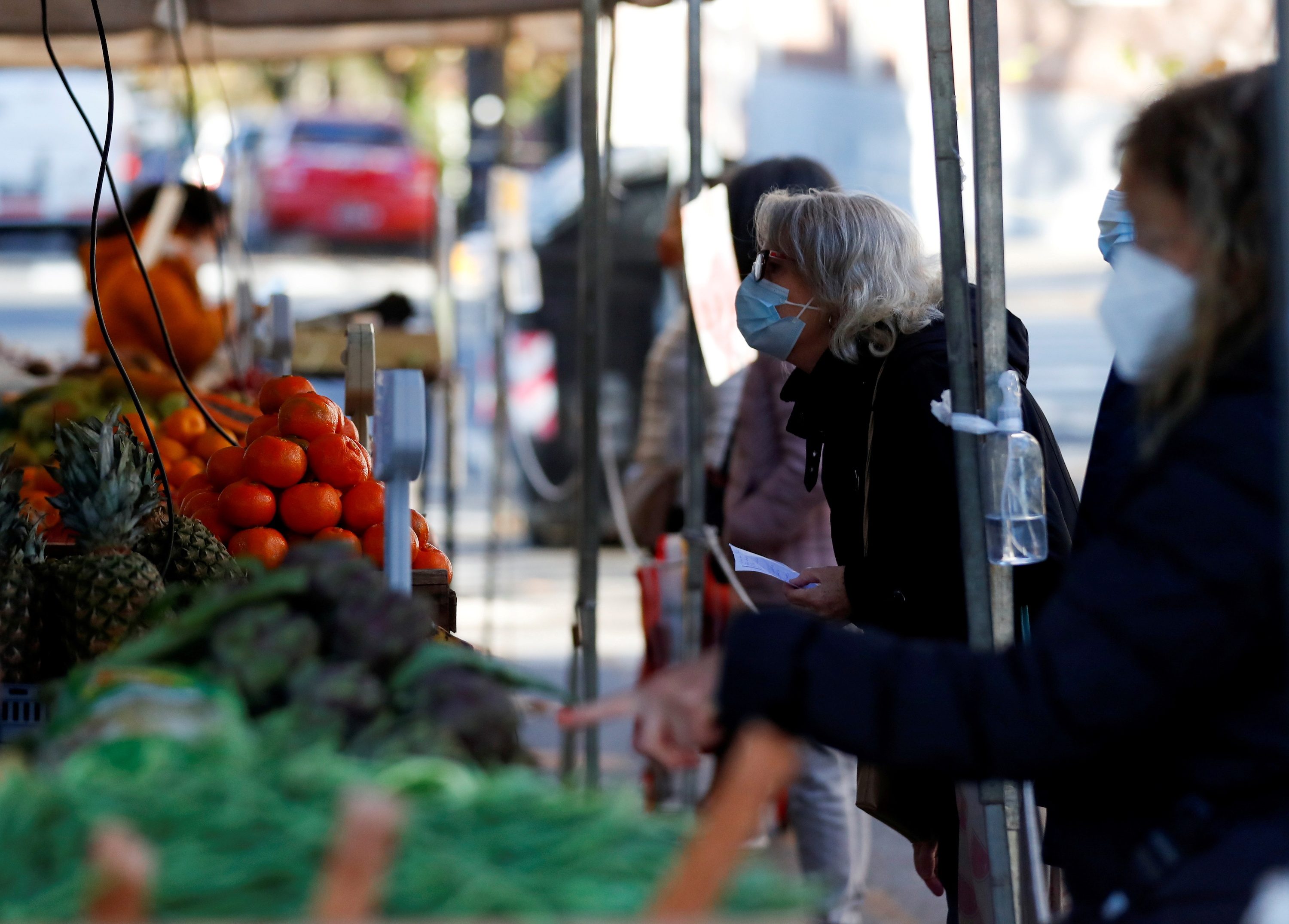
Argentina‘s government froze prices of over a thousand household goods until early 2022 on Tuesday, October 19, in a bid to tamp down inflation, pushing the measure through by force after talks with the country’s main food industry chamber broke down.
The center-left administration of President Alberto Fernandez, keen to rein in rising prices ahead of crunch midterm elections in November, issued a resolution to fix the maximum sales prices of 1,432 mass-market products until January 7.
The South American nation is battling to cool inflation that spiked to 3.5% for the month of September and is running at an annual rate of over 50%, sapping savings and dragging on economic growth.
Earlier in the day, however, the country’s main umbrella food industry chamber, COPAL, knocked backed a proposal from the government, criticizing officials for trying to strong-arm a one-sided deal.
“There are fractions of the business leadership that aren’t aware of their privilege and refuse to adopt a collaborative attitude taking into account the harsh situation Argentines face today,” the secretary of internal trade, Roberto Feletti, said.
COPAL said in a statement that the government’s call for price freezes had not given the food and beverage sector enough guarantees. The body says it represents 35 chambers and over 14,500 food and beverage companies.
“The approaches made so far reflect the lack of will on the part of the authorities to make an agreement with the sector,” COPAL said, saying the government did not take proposals from companies into account.
“The industry is not the cause of the inflation but suffers its consequences,” Daniel Funes de Rioja, president of COPAL, added in the statement.
The standoff threatens to inflame tensions between the business sector and the government, which is looking to bolster its popularity ahead of the November legislative vote, when it is expected to face losses in Congress.
COPAL earlier said the food and beverage industry was “willing to reach an agreement on price freezes” but called for “genuine dialogue instead of unilateral decisions.” – Rappler.com
Add a comment
How does this make you feel?

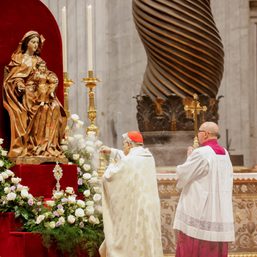
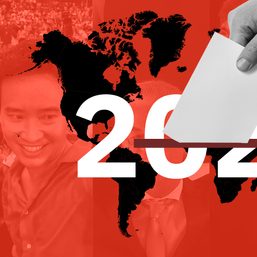

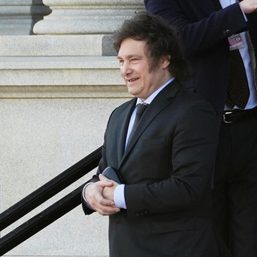
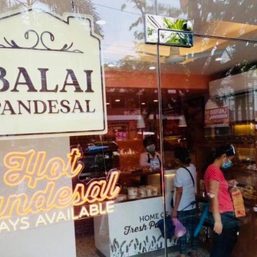
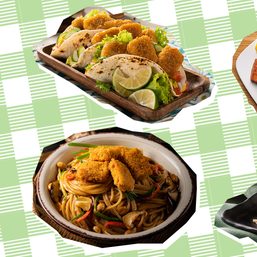
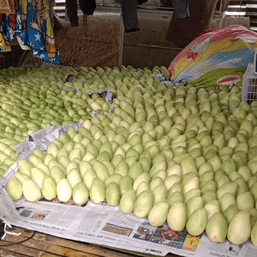
![[OPINYON] Takoyaki tattoo at ang business model ng pang-iinis](https://www.rappler.com/tachyon/2024/04/20240410-Takoyaki-tattoo.jpg?resize=257%2C257&crop_strategy=attention)
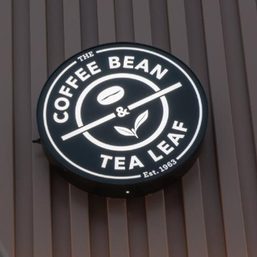
There are no comments yet. Add your comment to start the conversation.